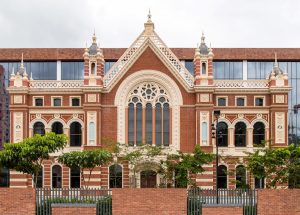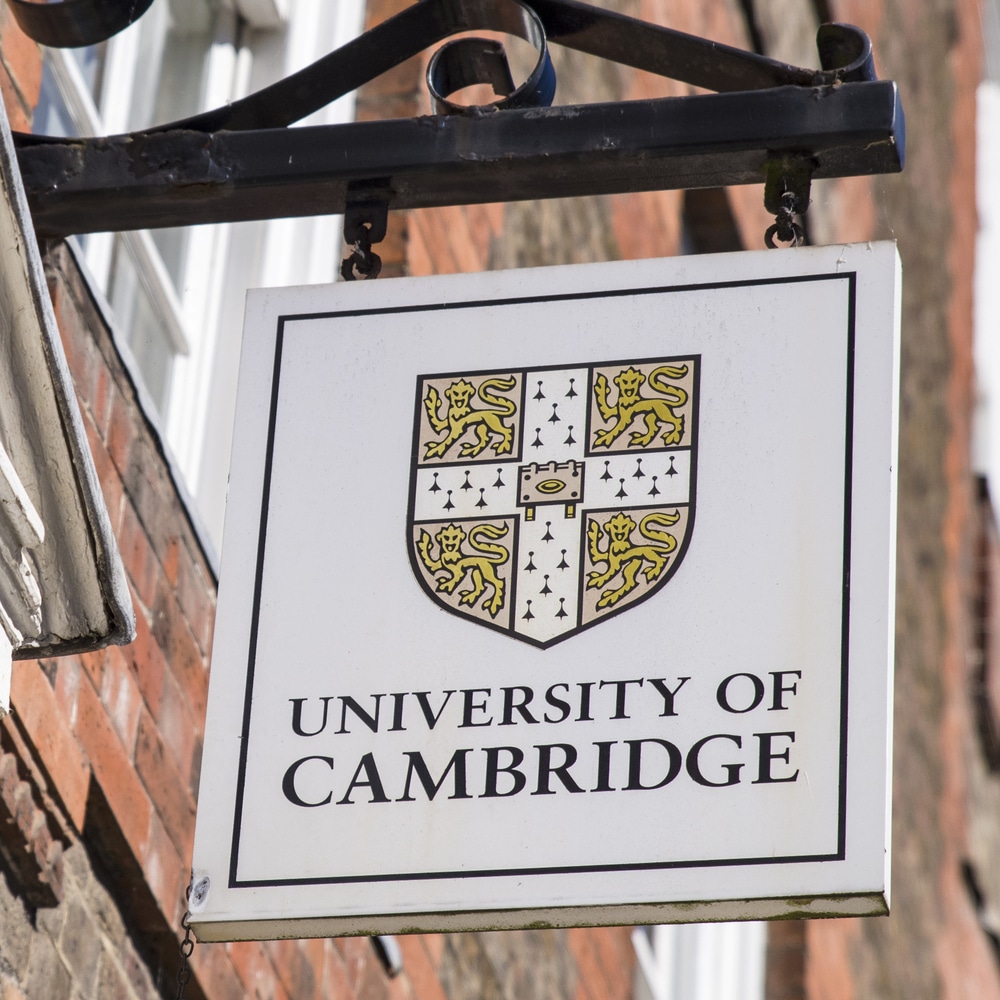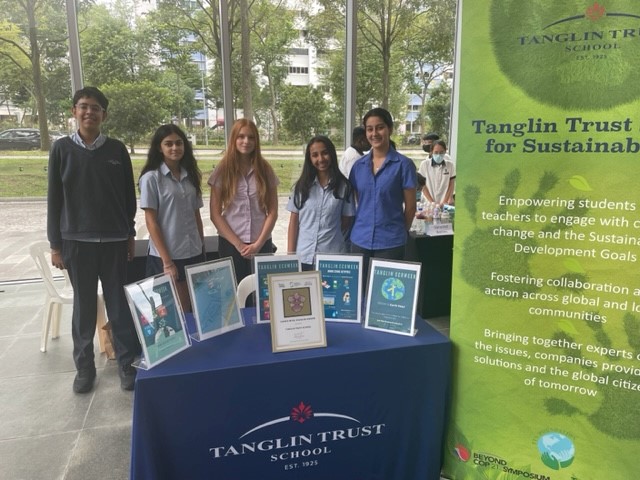
British International Schools
Many of us are familiar with hearing and reading about the British Curriculum and British international schools. Actually, according to research by ISC, nearly 50% of the international schools that teach the English language worldwide follow the British Curriculum. But what does the British Curriculum entail? What are the main characteristics or requisites of being a British school?
The British Curriculum was established in 1988; it is also known as the National Curriculum for England, or simply as the UK curriculum.
The British Curriculum is a structured curriculum designed to meet the needs of all students. Through its focus on goals and achievements, it ensures that parents understand their children’s educational progression. It also encourages each student to reach their full potential through an achievement-oriented process.
To understand the foundations of the British Curriculum in international schools, there are several elements to pay attention to:
The British Government’s Department of Education introduced an accreditation process that British Schools Overseas (BSO) must follow. There is a voluntary inspection scheme by the Department of Education every three years. This assessment decides if the school provides a British education that has similar characteristics to an education you would find in an independent school in England. Parents can review the results or reports of these inspections. Additionally, the Council of British International Schools (COBIS) provides another quality assurance system through the Patron’s Accreditation and Compliance. It represents the largest association for international British schools overseas.
The syllabi of each subject are designed by renowned organisations who adapt the national curriculum for international influences. The syllabi include a set of primary and secondary subjects and the standards that international schools need to complete.
End of school assessments and exams are characteristics of the British Curriculum and may lead to further studies, university, or work. Examples of these tests are the IGCSE (International General Certificate of Secondary Education) and A levels: IGCSE is the international version of the GCSE (General Certificate of Secondary Education), which is a set of exams taken by students 15 or 16 years of age, and A Levels are taken at the age of 18.
In Singapore, several international schools follow the British Curriculum.
Here are some of the most prestigious British international schools in the city:
Tanglin Trust School
 Established in 1925, Tanglin Trust School is the oldest British international school in South East Asia. Tanglin provides the National Curriculum with an international perspective to children from 3 to 18 years in Singapore.
Established in 1925, Tanglin Trust School is the oldest British international school in South East Asia. Tanglin provides the National Curriculum with an international perspective to children from 3 to 18 years in Singapore.
Tanglin is a vibrant co-educational school of 2,800 students representing over 50 nationalities and provides a unique learning environment for children from Nursery through to Sixth Form. As a not-for-profit school, tuition fees are devoted to the provision of an outstanding education.
As the only school in Singapore to offer A Levels or the IB Diploma in Sixth Form, students study a programme that is tailored both to the subjects they are passionate about and to the style of learning that most suits them, ensuring they thrive and flourish.
Tanglin has an excellent academic reputation with results consistently surpassing Singapore and global averages. Around 95% of graduates typically receive their first or second choice university. Tanglin encourages both broad participation and the achievement of excellence in the arts, sport, outdoor education and co-curricular activities.
Tanglin is inspected every year within the British Schools Overseas (BSO) framework. All three schools have been awarded Outstanding, the highest possible grade.
The school fees vary from S$9,238 per term in Nursery to S$15,276 in Year 13. There are three terms per academic year.
Dulwich College Singapore
 Engaged and passionate students, highly experienced teachers and state-of-the-art facilities are the foundations of Dulwich College (Singapore). The College is academically selective and provides a well-rounded education founded on academic rigour complemented by rich co-curricular programmes.
Engaged and passionate students, highly experienced teachers and state-of-the-art facilities are the foundations of Dulwich College (Singapore). The College is academically selective and provides a well-rounded education founded on academic rigour complemented by rich co-curricular programmes.
Dulwich College (Singapore) comprises 2,500 students and over 50 nationalities from toddlers (age 2) to Year 13 (age 18). The College follows the English National Curriculum followed by IGCSE and the IB Diploma Programme from Year 12.
Dover Court International School
 Dover Court International School (DCIS) is an inclusive British international school. DCIS offers a broad, balanced and differentiated programme operating within the framework of the English National Curriculum. At DCIS, they are passionate about how children learn and committed to ensuring that the aspirations and potential of every student are fostered and nurtured.
Dover Court International School (DCIS) is an inclusive British international school. DCIS offers a broad, balanced and differentiated programme operating within the framework of the English National Curriculum. At DCIS, they are passionate about how children learn and committed to ensuring that the aspirations and potential of every student are fostered and nurtured.
DCIS is part of Nord Anglia Education and benefits from the opportunities gained from being part of a family of over 60 schools worldwide. DCIS welcomes students from 3 to 18 years old, from Nursery to Year 13. Years 9 to 11 students work towards the iGCSE. Sixth Form offers the IB Diploma Programme.
DCIS has a strong English as an Additional Language Programme, and its Department of Supportive Education provides an environment where students of all abilities flourish. At DCIS, academic success is as important as all-round development and they try to live up to their motto every day. Nurturing Ambition – Celebrating Diversity.
There is no doubt that British international schools provide a rigorous curriculum and hold high prestige in the educational system.
Valuable comments and ratings of these schools and other international schools given by parents, alumni, and employees of each school can be found here. You can also access the full list of British international schools in Singapore.









